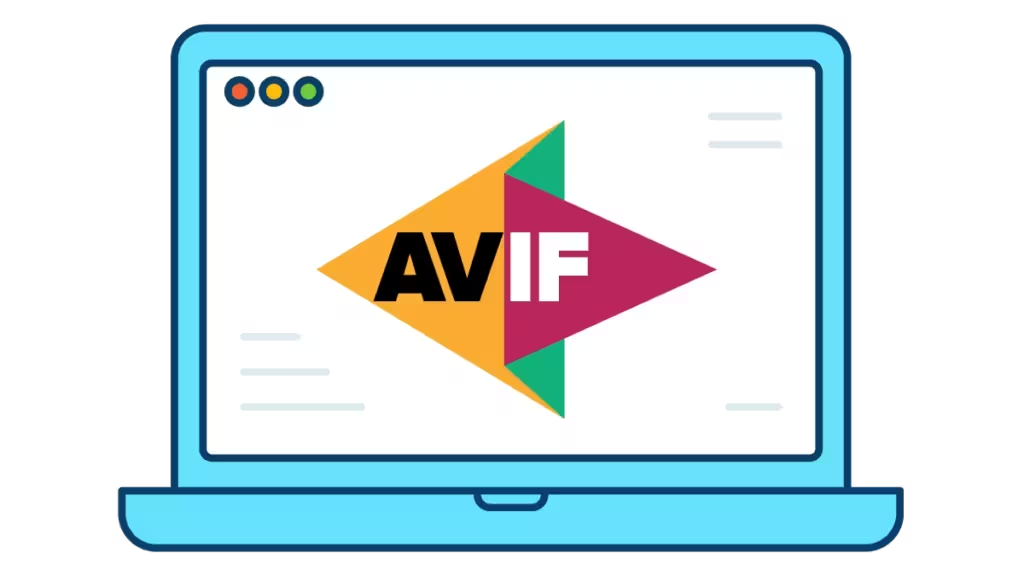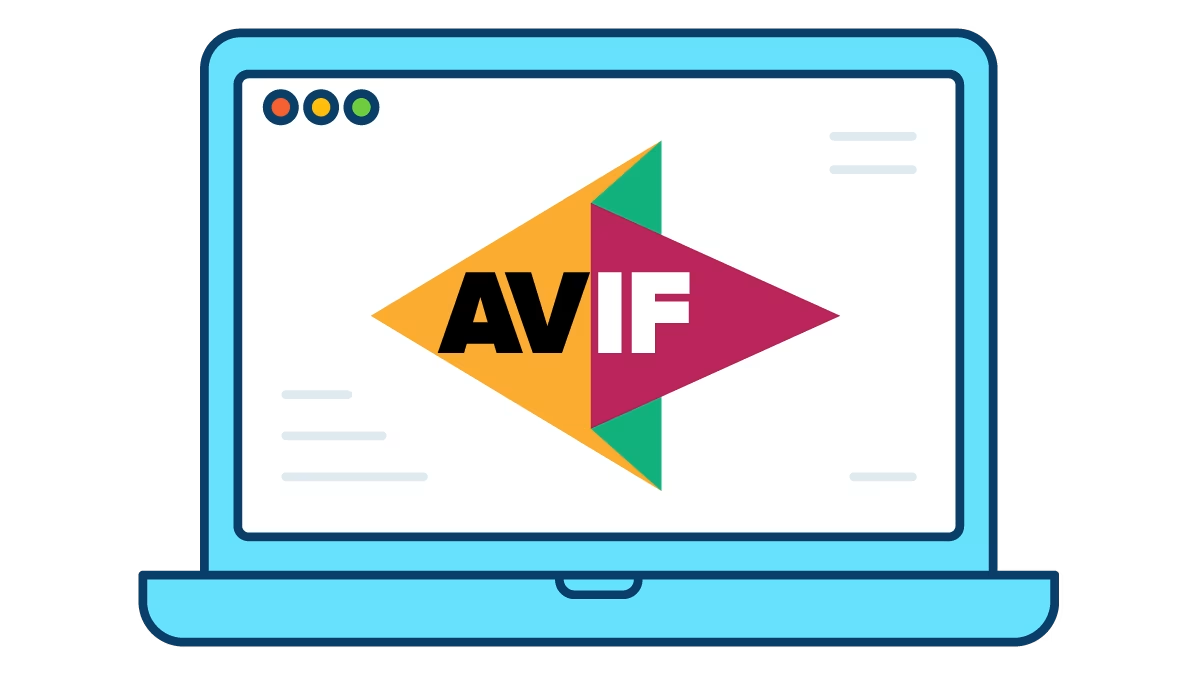AVIF Images Now Supported by Google for Improved Website SEO, Performance & Compression

AV1 Image File Format (AVIF) is a next-generation open image file format that’s become the new standard for the web after Google announced it supports AVIF in search now. AVIF images have better compression (smaller file sizes) and higher quality than common picture types when compared to JPEG images, PNG, and even the more recent WebP images.
It’s also supported by the most popular web browsers and content management systems (CMS) like WordPress, Webflow, and Joomla. Plus, AVIF has content distribution network support with major CDNs like Cloudflare.
Over the recent years, AVIF has become one of the most commonly used image formats on the web. We’re happy to announce that AVIF is now a supported file type in Google Search for Google Images as well as any place that uses images in Google Search. You don’t need to do anything special to have your AVIF files indexed by Google.”
– John Mueller, Google Search Advocate
What Is AVIF?
AVIF is a modern open image file type based on the royalty-free AV1 video codec protocol via the Alliance for Open Media. This is an improvement over the WebP format, which uses the same video codec, but WebP is limited to 8-bit color depth. In contrast, AVIF supports 10-bit and 12-bit colors at a full resolution and high dynamic range (HDR).
AVIF also supports transparency, similar to PNG, but with better color and compression (reduced file size). Also, AVIF images can be animated like GIFs.
AVIF Features
The AV1 Image File Format supports the following features:
- Lossless and lossy compression
- 8-bit, 10-bit, and 12-bit color depths
- Transparency
- Animation and image sequences
- Multiple color spaces, including HDR, SDR, and color space signaling
- Monochrome or multi-components
- Film grain synthesis
AVIF Search Engine Optimization (SEO)
AVIF images help reduce the size of files and load time of webpages which improves the performance and SEO of websites, as well as conversions. Also this helps search engines and crawlers find and index your content faster.
Google doesn’t recommend compressing all your media images in bulk; however, as you should consider your compression and quality requirements for each case. Also if you change file formats or extensions for your images, they recommend setting up server-side redirects so you’re indexed pics don’t drop out of Google Images and search.

